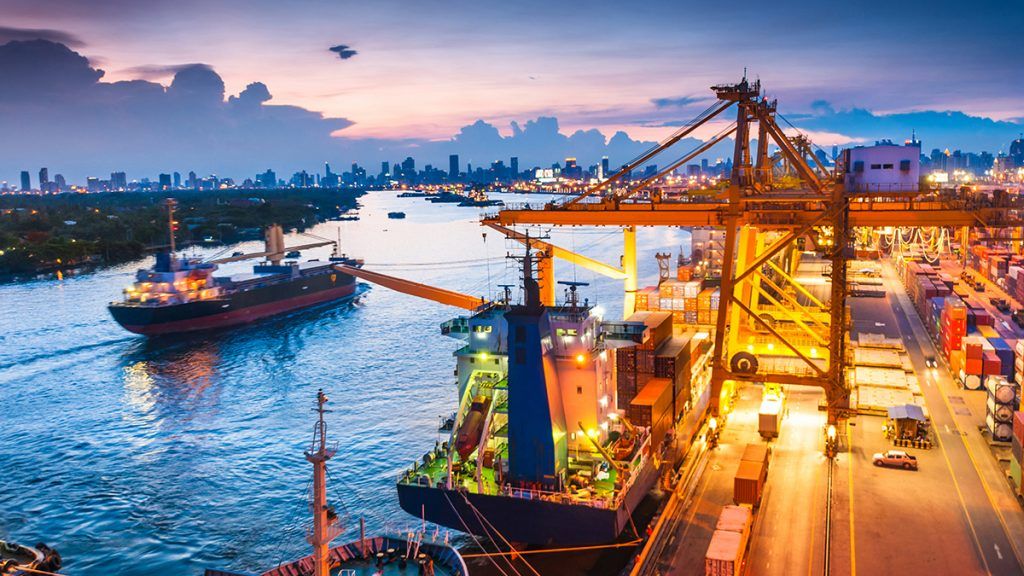US President Joe Biden has given hope of re-establishing the Appellate Body of the World Trade Organization (WTO), according to an analysis by the European Parliament.
At the WTO General Council level, a coalition of members initially put forward specific solutions to the deadlock in a 2018 communication on the Appellate Body crisis.
They include a specific set of proposed amendments, largely in line with the EU proposals.
These include new transition rules for outgoing members of the Appellate Body, the extension by agreeing to the 90-day deadline, exclusive focus on matters that «are necessary for the resolution of the dispute,» as well as better communication channels to discuss matters. precedents.
Subsequently, WTO members participated in nine months of intensive consultations, led by New Zealand Ambassador David Walker, to find a solution to the deadlock, presenting the results of the informal process to the General Council on 15 October 2019.
The key proposals are:
Obligation to respect the 90-day period when issuing a report.
On judicial scope: clarification that the conclusions and recommendations of the Appellate Body cannot increase the obligations derived from the WTO agreements.
Clarification that no binding precedent is created in WTO dispute settlement. However, WTO members highly value consistency and predictability in treaty interpretation. Therefore, previous Panel or Appellate Body reports should be taken into account where relevant.
Transitional rules for outgoing Appellate Body members, allowing them to complete an appeals process in which an oral hearing has been held prior to the normal expiration of their term. Sufficient time must be planned to fill vacancies.
In certain cases, treat the meaning of domestic law as fact when reviewing a case. However, the Appellate Body cannot undertake a new examination of the facts of the dispute.
Appellate Body
The United States has rejected these proposals and, as a result, a “coalition of the willing” has transitioned to the multi-party interim appeals arbitration (MPIA) arrangement.
One of the most difficult problems to resolve remains concerns about the excessive scope and perceived consequences of the use of trade remedy measures.
However, the election of President Biden has raised hopes of reinstatement of the Appellate Body, which means that the parties would not need to resort to the MPIA.
However, any potential policy change vis-à-vis the Appellate Body is likely to take time, and at a WTO Dispute Settlement Body meeting in February 2021, the United States continued to block nominations.
While the MPIA remains an interim solution in the absence of a functioning WTO Appellate Body, it allows participants to benefit from an appeals process in the WTO dispute settlement system.
Australia, Brazil, Canada, China, Chile, Colombia, Costa Rica, Guatemala, Hong Kong, China, Iceland, Mexico, New Zealand, Norway, Pakistan, Singapore, Switzerland, Uruguay and the European Union (and its 27 member states plus the United Kingdom temporarily) have signed the MPIA.
WTO
Reform of the multilateral dispute settlement mechanism is also considered a top priority for the new WTO Director-General, Ngozi Okonjo-Iweala, along with the trade policy reaction to the Covid-19 pandemic, including the vaccine trade. .
In the annex to the EU Trade Policy Review, the European Commission has acknowledged a number of US concerns. The Commission agrees with the need for the Appellate Body to exercise judicial economy, avoid binding precedents, and meet mandatory deadlines.
In addition to the solutions developed by the MPIA process, the EU is open to stronger legal formulations and further improvements.
Furthermore, the EU published a new multilateralism strategy in February 2021, highlighting the EU’s leading position in reforming the WTO in an effort to ensure stability, certainty and fairness in the global trading system.
![]()

